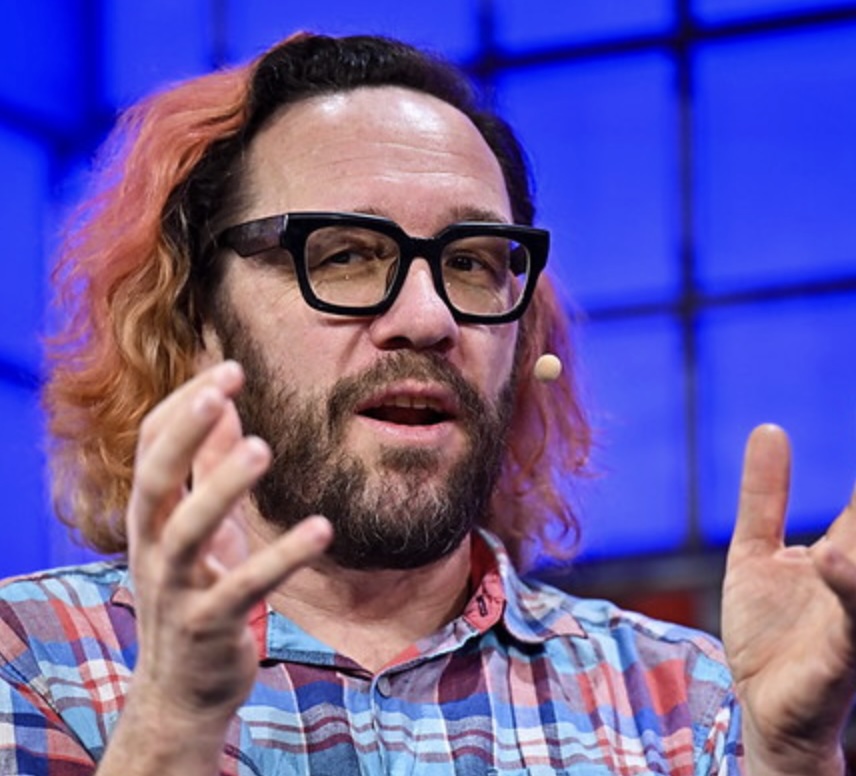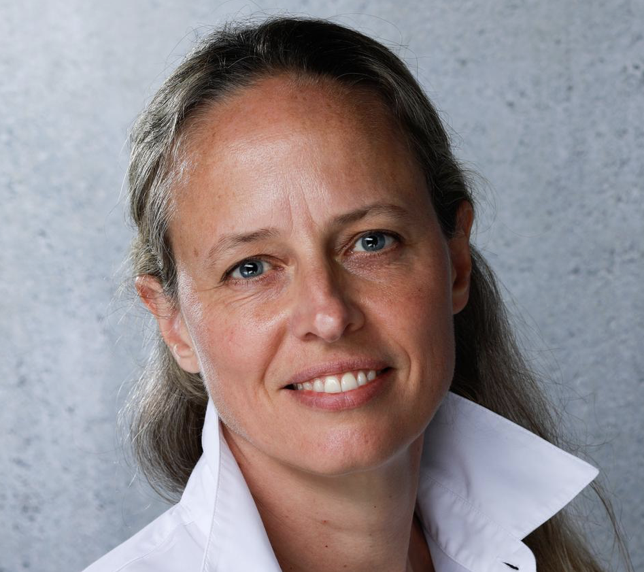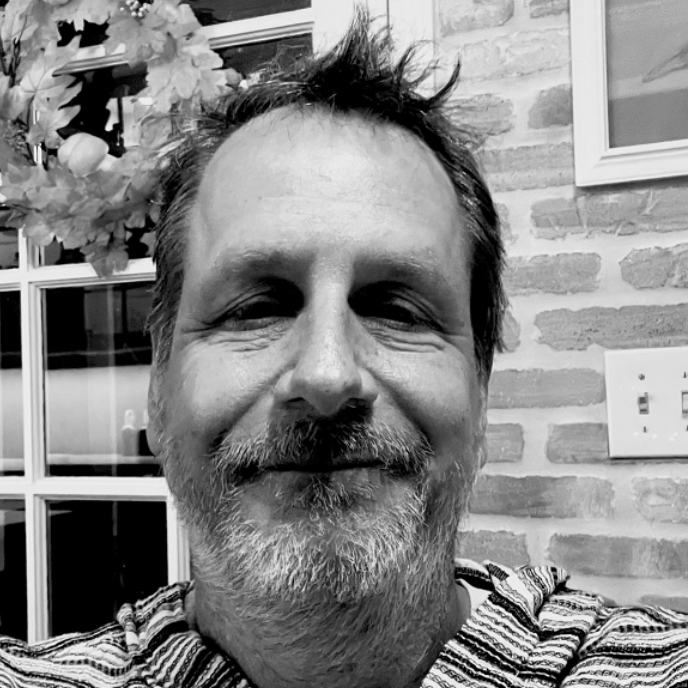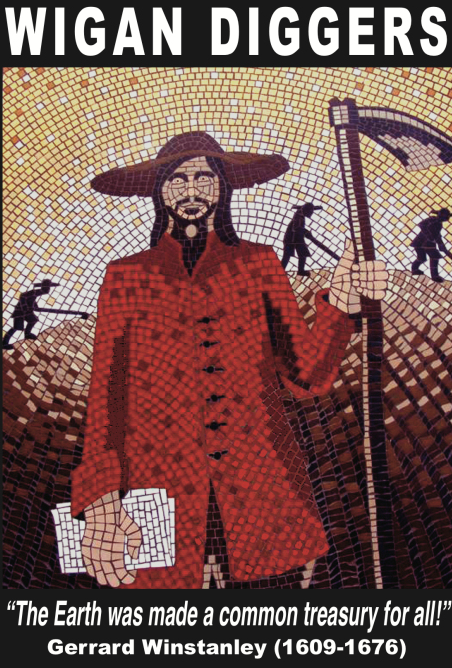The Importance of Network Protocols for Commoning & Open Markets
Most of us don’t give much thought to the arcane technical protocols that make the Internet and its various platforms work. Yet these invisible architectures of code profoundly affect how we can interact with others. They determine what sorts of information we can receive and even how our worldviews and identities are shaped.
Sometimes tech protocols empower us to govern ourselves as commoners and freely collaborate with each other. Think open source software, wikis, and collaborative websites. More typically, network protocols are used to create closed, proprietary corporate platforms that turn us into dependent consumers and victims of data-surveillance.

To learn more about how network protocols can foster digital commoning, I recently talked with the activist-minded programmer Evan Henshaw-Plath, perhaps better known as Rabble (pronouns they and them). Rabble has long been a pioneering programmer for social media platforms and champion of decentralized, open technologies. Our conversation can be heard here, as Episode #65 of my podcast, Frontiers of Commoning. (It is also posted on Rabble’s podcast, Revolution.Social.)
What makes Rabble so interesting is their priorities as a programmer, which differ significantly from those of venture capitalists and Silicon Valley tech firms. Rabble’s ambitions are to build platforms that allow “everyone [to have] access to authentic, private online communities built on care, connection, and sustainable relationships.”





 Below, I argue that the commons paradigm offers a refreshing and practical lens for re-imagining politics, governance and law. The commons, briefly put, is about self-organized social systems for managing shared wealth. Far from a “tragedy,”2 the commons as a system for mutualizing responsibilities and benefits is highly generative. It can be seen in the successful self-management of forests, farmland, and water, and in open source software communities, open-access scholarly journals, and “cosmo-local” design and manufacturing systems.
The 2008 financial crisis drew back the curtain on many consensus myths that have kept the neoliberal capitalist narrative afloat. It turns out that growth is not something that is widely or equitably shared. A rising tide does not raise all boats because the poor, working class, and even the middle class do not share much of the productivity gains, tax breaks, or equity appreciation that the wealthy enjoy. The intensifying concentration of wealth is creating a new global plutocracy, whose members are using their fortunes to dominate and corrupt democratic processes while insulating themselves from the ills afflicting everyone else. No wonder the market/state system and the idea of liberal democracy is experiencing a legitimacy crisis.
Below, I argue that the commons paradigm offers a refreshing and practical lens for re-imagining politics, governance and law. The commons, briefly put, is about self-organized social systems for managing shared wealth. Far from a “tragedy,”2 the commons as a system for mutualizing responsibilities and benefits is highly generative. It can be seen in the successful self-management of forests, farmland, and water, and in open source software communities, open-access scholarly journals, and “cosmo-local” design and manufacturing systems.
The 2008 financial crisis drew back the curtain on many consensus myths that have kept the neoliberal capitalist narrative afloat. It turns out that growth is not something that is widely or equitably shared. A rising tide does not raise all boats because the poor, working class, and even the middle class do not share much of the productivity gains, tax breaks, or equity appreciation that the wealthy enjoy. The intensifying concentration of wealth is creating a new global plutocracy, whose members are using their fortunes to dominate and corrupt democratic processes while insulating themselves from the ills afflicting everyone else. No wonder the market/state system and the idea of liberal democracy is experiencing a legitimacy crisis. Paula Z. Segal, an attorney who works with the Urban Justice Center in New York City, explained in
Paula Z. Segal, an attorney who works with the Urban Justice Center in New York City, explained in










Recent comments